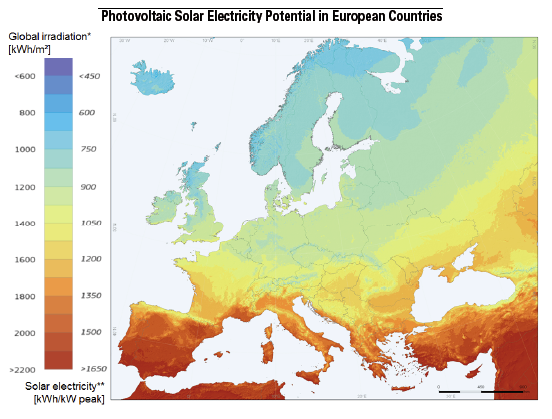Trésor-Economics No. 197 - The benefits of a European approach to green electricity
Over the last two decades, the electricity sector has changed significantly. Its deregulation, aimed at boosting efficiency and competitiveness, has led to a reshaping of the incumbent monopolies and the opening up of certain activities, such as electricity supply, to competition. Electricity markets and interconnections between countries have been gradually introduced to exchange electricity.
In addition, the goal of reducing carbon emissions in the electricity mix spurred the development of renewable electricity in Europe, with its share in the mix rising from 14.4% in 2004 to 27.5% in 2014. As renewables are not yet competitive compared with carbon-intensive means of production, they receive considerable government aid. In Germany, the figure is around €24bn in 2017, representing 0.7% of GDP.
The integration of the electricity market calls for heightened coordination of energy policies. For example, in an integrated market, the commissioning of solar panels in a European country increases the volume of electricity available to its interconnected neighbours, and contributes to reducing the cost of electricity in their markets. However, national renewable energy generation support policies are still highly fragmented both as regards the nature of the support provided and national development goals. This causes inefficiency and generates additional costs at European level.
The introduction of a common European renewable energy policy would enable the most competitive resources to be tapped at European and not just at national level. Such policy would therefore lead to more solar panels being installed in Southern European countries (see chart) and more wind farms in the North, where there are more available resources. According to the Commission, the cost of the EU's renewable energy target of at least 27% of final energy consumption would be cut by around €10bn per year from 2021 through to 2030 compared to a situation in which renewable energies are deployed within a strictly national framework.
Such a policy would imply that part of the sovereignty over management of national electricity mixes is transferred to the EU. This is one of the few sectors where the expected gains from bolstering European integration are so high. It would also involve a recasting of existing support mechanisms
